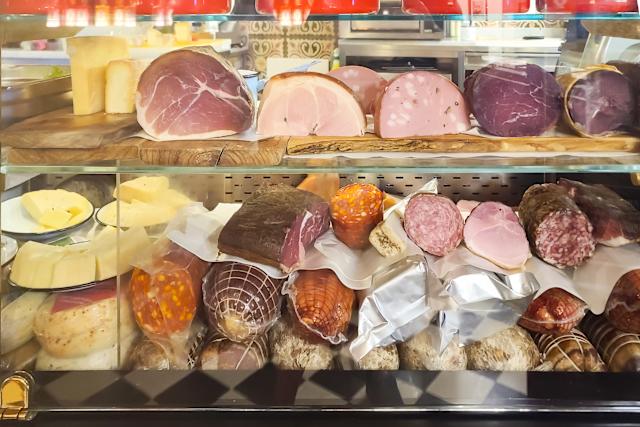
The UK government has temporarily banned people from bringing cheese and some meats from the European Union (EU)
into the country to stop the spread of foot and mouth disease.
But what does that actually mean in practice – and should you be concerned?
What has been banned?
Pork, beef, lamb, mutton, goat, venison and any other products made from these meats – such as sausages – from the EU have been banned. It also applies to pet food.
In addition, milk and dairy products – like butter, cheese and yoghurt – from the EU have also been prohibited.
It covers items such as sandwiches and cured meats as well as raw meats and milk “regardless of whether it is packed or packaged or whether it has been bought at duty free”.
However, there are exceptions such as chicken, duck, goose and any other products made from these.
Who does the ban apply to?
The measure is only directed at people arriving in Great Britain – as in, England, Wales or Scotland – from the EU.
It does not apply to Northern Ireland.
The ban covers anyone travelling by any mode of transport – whether that’s by plane, train, bus or by car.
But it will not be imposed on those arriving to Great Britain from Northern Ireland, Jersey, Guernsey, or the Isle of Man.
Are commercially imported cheeses and meats banned too?
The ban only applies to travellers bringing in items personally – not commercial importers such as farmers or shops.
The reason, according to the UK government, external, is that commercial meat and cheese imports face higher standards than individuals are subjected to.
They must go through heat treatment, which is meant to kill germs, and come with health certificates signed by vets.





















